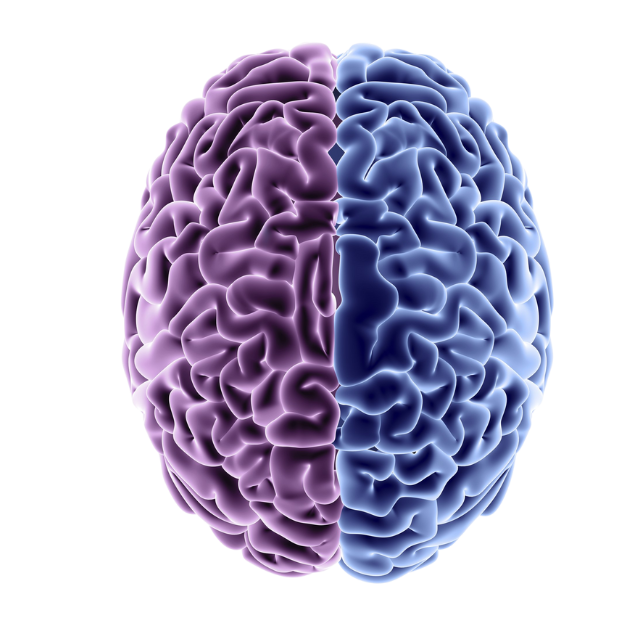ETHICAL TECHNOLOGY DESIGN
As humans, we have evolved to have cognitive biases that help us survive. Confirmation bias, anchoring bias, loss aversion, framing, narrative fallacy, herd mentality, self-serving are just to name a few. These mental shortcuts essentially save us time, helping us build on what we already know, think on our feet, and make simplify a complex world.
Similarly, technology is coded to evolve with shortcuts to refine its knowledge and quickly produce results. In her book, Algorithms of Oppression, Sofiya Noble, describes this process as it relates to search engines (Google, Bing, etc.). Suggestions change depending on user data gathered from previous searches. There is a strong reliance on search engines to obtain objective, factual information, but when it comes to subjective, complex information, the engine must rely on its own heuristics, built into its software design.
Noble quotes, “Most are unaware of the propaganda, mis- or dis-information in search engines. They reinforce racism by harming and grossly stereotyping people.” Algorithms are opinions embedded in code. While they give the computer a ‘goal state,’ the computer itself learns how to reach that state. Essentially, the machine changes itself in response to learning the data preferences of the user. For example, if you type in “Climate change is” the results will either come up with “real, the greatest threat, the result of” or it will come up with “a hoax, not caused by humans” depending on your previous data entries as it relates to your beliefs about climate change. Therefore, these algorithms are not a function of objective truth, but what the software knows about your beliefs and interests. Even social media applications, like Facebook and Instagram, have algorithms in place to show you posts that align with your interests and beliefs. Suddenly you start to believe that everyone thinks the same way you do, because that is all you are exposed to. The key is to become transparent about the way technology is designed to operate. Data gathered from customers should be utilized to provide feedback on how technology can manipulate both mental and emotional states, altering the way you perceive yourself and the world around you. VISUALIZEin360 is committed to designing transparent and ethical technology that benefits all consumers, and the environment in which they inhabit. Consumer feedback is integrated into every stage of the design process, resulting in feedback loop that produces the data necessary to advance the overall mission and vision of the company. This commitment is enforced with the same rigor as solving other business challenges, and is a hallmark of VISUALIZEin360 technology signature.





